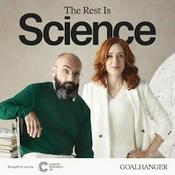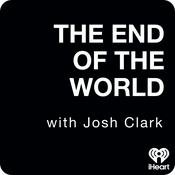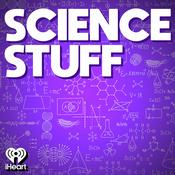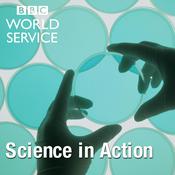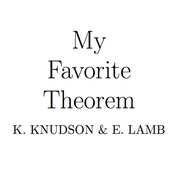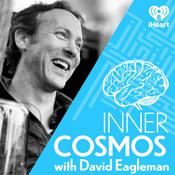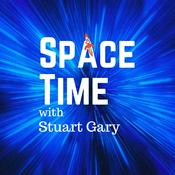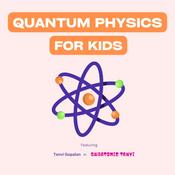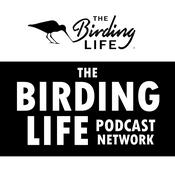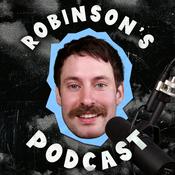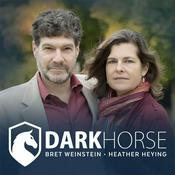23 episodes

23. Unlocking the Brain's Potential: Alertness, Motivation, and Memory Mastery
2023/11/16 | 15 mins.
In today's episode, we learn the conditions we need to meet for our brain to undergo neuroplasticity in adulthood. We learn easy and neuroscience-proven skills that we can incorporate in our day to day to set ourselves up for success for learning and aging. neuroplasticity, learning, memory, neuroscience, aging, lifestyle

22. Basics of Neuroplasticity - Childhood vs Adulthood
2023/11/02 | 15 mins.
In this episode, Mahshad goes over the history and basics of neuroplasticity. We learn about the two different types of neuroplasticity and lay the foundation for future episodes on how to access neuroplasticity in adulthood.

21. How Probiotics Can Help Manage Autism Symptoms
2023/9/13 | 8 mins.
In this episode of the What Science Says Podcast, we learn about how probiotics can help manage the symptoms of autism by helping manage gastrointestinal symptoms and potentially changing brain activity patterns.

20. Ten (10) Ways to Prevent Autism in Children
2023/9/06 | 9 mins.
In this episode, we are going to talk about the critical time periods that gut dysbiosis that increase the development of autism. We will end with 10 ways to take care gut microbiome of the child both in and out of the womb, to help reduce the risk of autism development.

19. Three (3) Ways Gut Dysbiosis Leads to Autism Development
2023/8/29 | 8 mins.
Hello and welcome to this week’s episode of the What Science Says Podcast. In today’s episode, we talk about how gut dysbiosis can significantly increase the risk of autism, by impairing brain development in critical early years of life.
More Science podcasts
Trending Science podcasts
About What Science Says
Listen to What Science Says, StarTalk Radio and many other podcasts from around the world with the radio.net app

Get the free radio.net app
- Stations and podcasts to bookmark
- Stream via Wi-Fi or Bluetooth
- Supports Carplay & Android Auto
- Many other app features
Get the free radio.net app
- Stations and podcasts to bookmark
- Stream via Wi-Fi or Bluetooth
- Supports Carplay & Android Auto
- Many other app features


What Science Says
download the app,
start listening.






